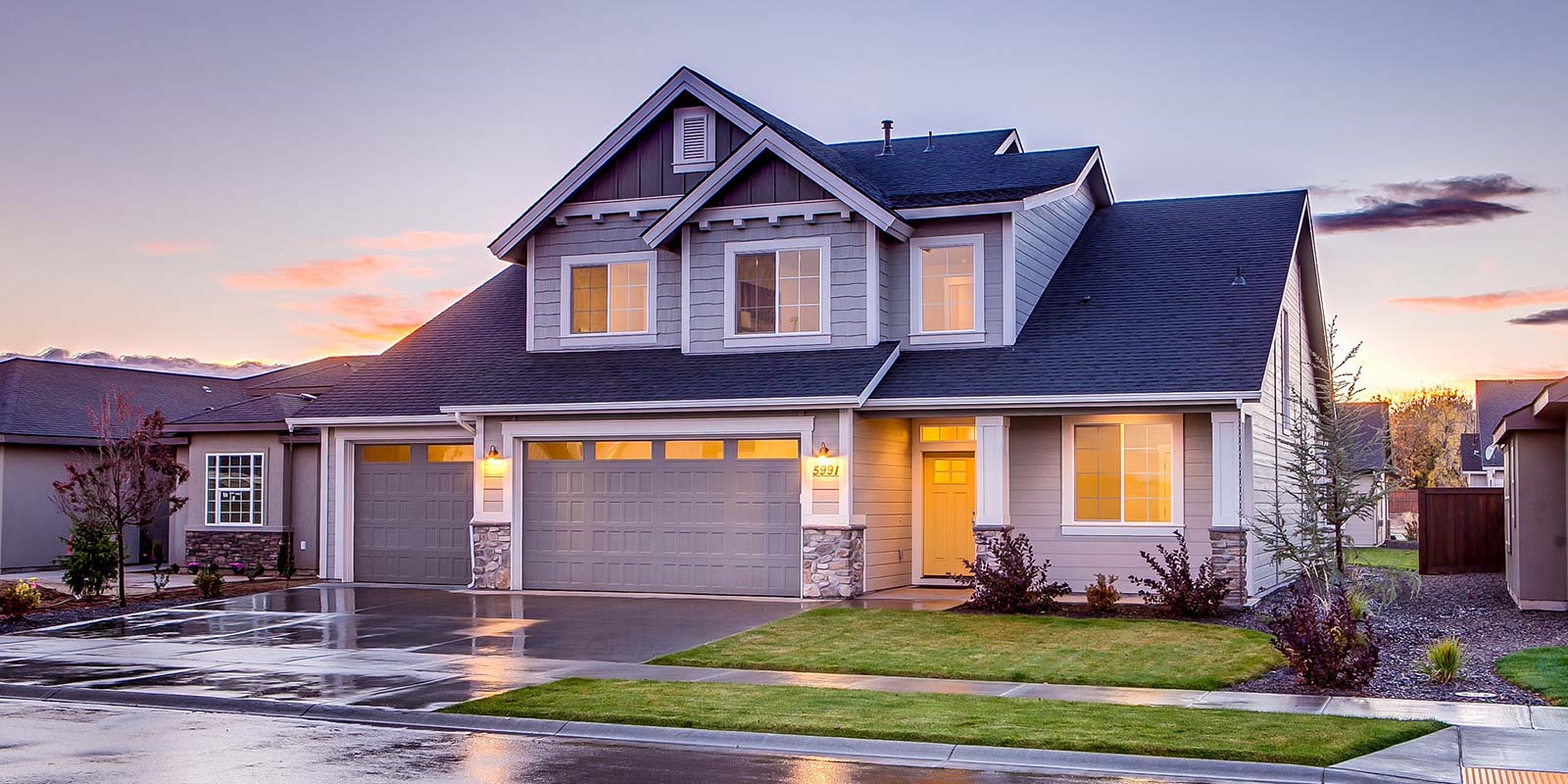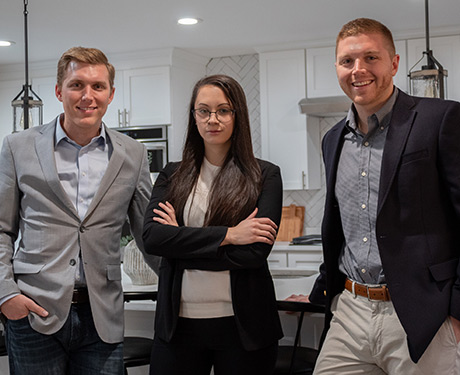
Are you a first time home buyer?
Starting out on the home-buying journey for the first time can be confusing, and sometimes downright overwhelming. When working with first-time homebuyers, I am often met with similar types of questions, many involving getting started or just navigating the process of securing a mortgage.
Buying your first home is an exciting and rewarding experience! There are a lot of steps and choices ahead, but I’ve put together eleven tips to give you some first-hand advice to help you get started with navigating them.
First things first…
How do I get started?
1.Find a reputable and experienced real estate professional to work with you. Look around for a home professional with good reviews and call their references. Often, the best places to find a reliable referral are with trusted family, friends or co-workers. You can also do a Google search for “top realtor in [insert desired area]” and schedule an appointment to sit down and talk with them in person. Use this: 10 Important Questions to Ask Your Real Estate Agent.
2.Get pre-approved. A good agent will set you up with a reliable mortgage professional to get you pre-approved for a mortgage loan. This is an important first step, and I write about why in my e-book, The 5 Mistakes That Cost Homebuyers Thousands of Dollars. You do not go to a restaurant or grocery store without a means of payment. The same is true for homebuyers. Until you know what you can qualify for, there is no reason to start looking at homes. All you need to do to get pre-approved is fill out a mortgage application, provide basic financial information, and allow a soft credit check. Lenders get back you fairly quickly nowadays – if it takes them more than a few days to get back to you, I wouldn’t use that lender.
3.Go and look for homes. The best way to get a feel for where you want to live, the style that you like, etc. is to go and look for homes within your price range with your agent. Ask your agent to help you schedule showings and visit the properties that you like in person.
How do I secure the best deal on a mortgage?
4.Ask your agent about homebuyer incentive programs. I get asked a lot about incentives or discounts for first time home buyers. These programs do exist and, although they are mainly marketed towards first time buyers, qualifying for these types of programs is based on income level, and not how many houses you’ve bought in your life. For example, there are VHDA programs that provide 100% financing or an FHA loan allowing 3.5% down payments without PMI; however, these are only for certain buyers under certain income limits. If you are looking to put 20% down and get a conventional loan, you may be above the limits and, therefore, not qualify. This is definitely something a mortgage professional can help you navigate.
5.Increase your closing costs at settlement. This will help to lower your monthly payment or mortgage interest rate. For example, if you are putting less than 20% down and are charged PMI, you can use cash to pay that PMI up front instead of being charged monthly with interest. You also buy down your interest rate through basis points. For example, if you are getting a $400,000 loan and are quoted for a 4% interest rate, you can pay 1 basis point equivalent to 1% of the loan. You would pay that 1% ($4,000) at settlement, getting a new interest rate of 3.75% (in this example) and decreasing both the total amount of interest you pay and your monthly payment.
6.Always ask your lender for a fee sheet. This breaks down your closing costs, down payment, and monthly payment given different scenarios. You can compare your monthly payment if you buy down your rate, if you get a lower sales price, or if you pay PMI up front versus if you do not. It’s a good way to see everything compared right in front of you.
How do I make sure I’m not spending more than I should?
7.Understand the difference between a down payment and your actual cash to close. Cash to close = down payment + closing costs! The best general calculation for this is adding your down payment % + 2.5% of the sales price. For example, a $400,000 house with 10% down would be $40,000 + $10,000 = $50,000 cash to close. That is how much money you will need to bring to the settlement table. Most first-time home buyers assume it is just the down payment that you need.
8.Read 5 Mistakes That Cost Home Buyers Thousands of Dollars
9.The agreement with your agent is NOT binding. If you have an agreement with a certain agent you should be able to terminate the contract, free of charge, with written notice if you have not been able to find or get a contract accepted on a house.
10.Understand that, for the most part, real estate is buyer beware. It is your responsibility to perform due diligence on the property and secure financing to purchase it. Understand your legal right to exercise any void of the contract if you need to, and understand when you do not have the right to void the contract and might default.
11.Understand default. Defaulting on a contract is not good. You can lose your earnest money deposit or you can even be sued for performance – the seller can take you to court and make you buy the home. A good agent will make it clear when you can execute a void of contract if need be, and let you know when those contingencies expire. If you are unclear, ask!
Share on Social

